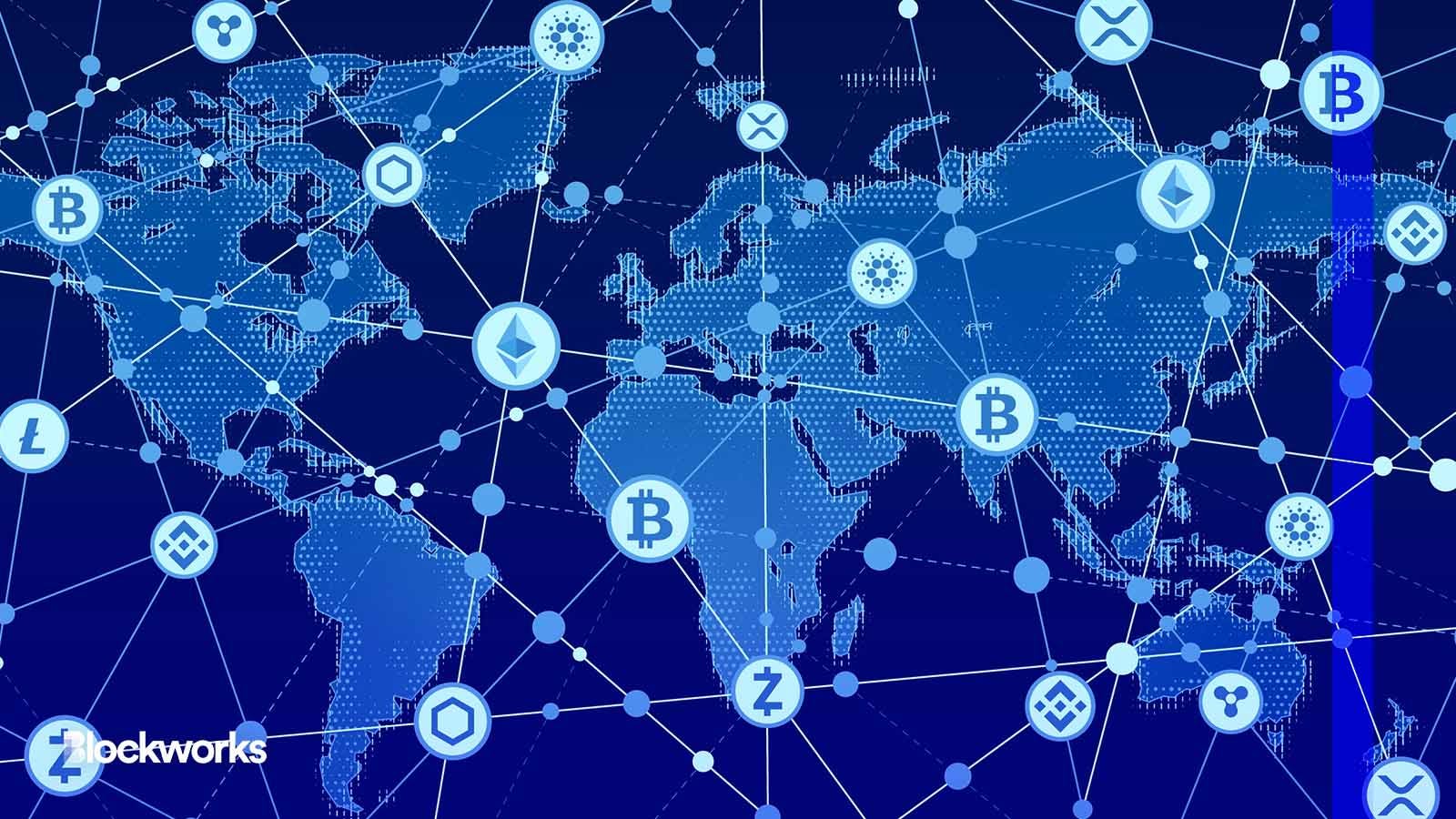Bank of England Wraps Up Distributed Ledger Technology Project
Project Meridian “demonstrates how to orchestrate synchronized settlement in central bank money using housing transactions” as a possible use case

Vit-Mar/Shutterstock modified by Blockworks
The Bank of England and the Bank of International Settlements released a 44-page paper on Project Meridian which focused on distributed ledger technology and synchronized settlement — meaning that an exchange of assets takes place between all parties and if the transfer isn’t able to successfully take place, then the transfer is voided.
The Bank of England first released a paper on synchronization back in June 2019.
“Synchronization builds on the existing concept of interlinking asset ledgers with RTGS systems, seeking to develop functionality that allows synchronized settlement in central bank money for a wide range of assets,” the report states.
Project Meridian builds on the BOE’s real-time gross settlement system and the findings helped to build on use cases for central bank digital currencies (CBDCs), while also allowing financial market infrastructures to be interlinked.
When buying a home — which is a scenario acted out by the project — a “synchronization operator” would connect “the operator of an RTGS system, the asset ledger and the commercial banks and legal representatives of the buyer and seller.” However, due to the complicated nature of buying and selling a house, more modern technology would have to be developed for both the RTGS and the land registry system.
The Bank of England is currently working on a new settlement engine for the RTGS, and while it’s not clear when the rollout could occur, synchronization could be added as a service after 2024.
While real-world users have not yet tested the system, the bank believes it could “improve domestic and cross-border payments, and retail payments.” As well as making it possible to use synchronized settlements for “new asset classes,” which could include CBDCs.
But with any new technology, there are some caveats. The Project Meridian report states that an identity service should be considered so that the synchronization operator would be able to “secure its own network from being compromised” by validating the participant’s identities.
Operating hours are also questioned and become important if the synchronization system is utilized for cross-border transactions, according to the report.
“Extending RTGS operating hours could increase opportunities for synchronization, especially for cross-border payments,” the report said.
The BOE has already said that a digital currency could be necessary in the future, though the development and consultation stage could take up to three years.
“Users would interact with digital pounds by using their wallet to see their balance and instruct payments and transfers of digital pounds. It is likely most people would access the wallet via their smartphone, but there would be alternative options, such as a smart card,” the BOE said in a February paper on digital currencies back in February.
The BOE has also indicated that it is closely looking at stablecoins for payments, though “systemic stablecoins will need to be back with high quality and liquid assets to be able to meet” Financial Policy Committee standards, according to BOE’s Jon Cunliffe in a recent speech.
Cunliffe said, “The question is not whether but how we should develop the machinery for tokenized transactions to settle in central bank money — in other words what will provide the most efficient, effective and fastest route to this end, given our current starting point.”
Get the news in your inbox. Explore Blockworks newsletters:
- The Breakdown: Decoding crypto and the markets. Daily.
- 0xResearch: Alpha in your inbox. Think like an analyst.






